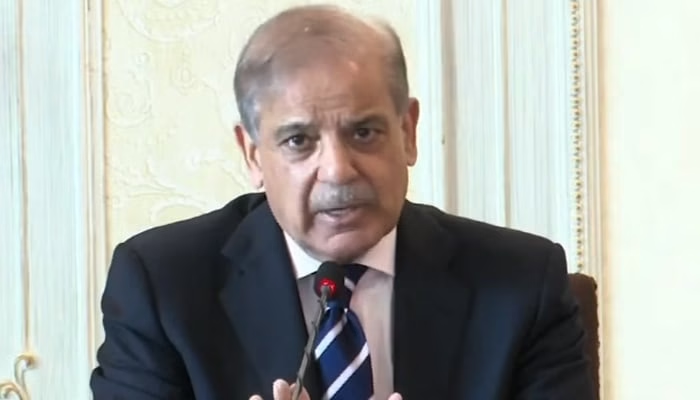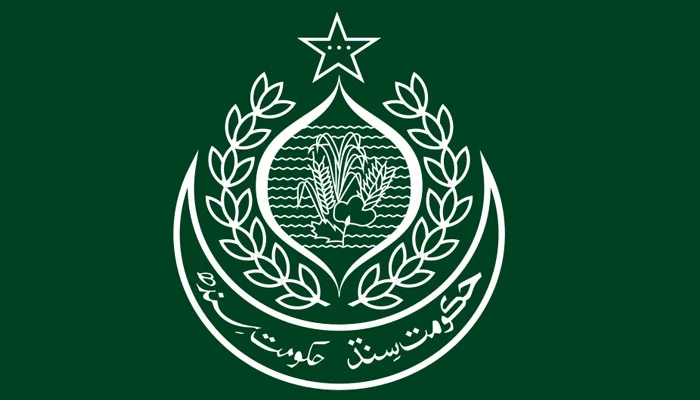Defense Minister Khawaja Asif has announced significant changes in border control policies, emphasizing the need for passport and visa requirements at all crossing points to enhance Pakistan’s security. This move aims to end the tradition of entering Pakistan without proper documentation, which Asif argues has been making the country unsafe.
New Border Control Measures
In an interview with Geo News, Khawaja Asif highlighted the longstanding historical and religious ties between Pakistan and Afghanistan. However, he pointed out that the situation has changed dramatically since the withdrawal of the American army from Afghanistan, leading to an increase in terrorism. To counter this threat, Pakistan is now enforcing stricter border controls.
Asif stated, “There are formal borders all over the world, and they are crossed by showing a passport. The smuggling of goods, including oil and fertilizer, from Afghanistan is harming the Pakistani economy. Now, Pakistan will make these borders international borders, and all incoming traffic will be allowed entry only after presenting a passport and visa.”
Economic and Security Concerns
The Defense Minister expressed concerns about the economic impact of smuggling from Afghanistan. Illegal trade has been a significant burden on Pakistan’s economy, with essential goods being smuggled across the border, undermining local industries and government revenue. By implementing stricter border controls, Pakistan aims to curb these illegal activities and protect its economic interests.
Bilateral Relations with Afghanistan
Asif addressed the complex relationship between Pakistan and Afghanistan, acknowledging their historical and religious connections. Despite these ties, he stressed the need for Afghanistan to cooperate more effectively in addressing security concerns. “Despite our repeated requests, the Afghan government is not providing the kind of cooperation it should,” Asif noted. He suggested that the border with Afghanistan should be managed in the same manner as Pakistan’s borders with China, Iran, and India, where stringent border controls are in place.
Regional Security Strategy
In addition to tightening border controls, Asif indicated that Pakistan might take proactive measures to ensure its security. “TTP can be targeted across the border for the integrity of Pakistan,” he asserted, reflecting a more aggressive stance against terrorist groups operating from Afghan territory.
Impact on Families and Communities
Asif acknowledged the human aspect of stricter border controls, particularly for families living on both sides of the Pakistan-Afghanistan border. He drew parallels to the situation in Kashmir, where families have been divided since the partition of the Indian subcontinent. “Families are living on both sides; we are aware of this. Families are still divided in Kashmir after the partition of the subcontinent, similarly, families are divided on the borders and working boundary of Sialkot,” he said. The new measures aim to balance security needs with the realities of divided families.
Khawaja Asif’s announcement marks a significant shift in Pakistan’s border management policy, aiming to bolster national security and economic stability. By requiring passports and visas for all cross-border traffic, Pakistan hopes to reduce illegal activities and enhance control over its borders. While these measures may pose challenges for communities divided by the border, the government believes that the long-term benefits of improved security and economic protection will outweigh the immediate difficulties.
As Pakistan moves towards stricter border enforcement, the cooperation of neighboring countries, particularly Afghanistan, will be crucial. The success of these measures will depend on effective implementation and international cooperation to address the underlying issues of terrorism and smuggling that have long plagued the region.



